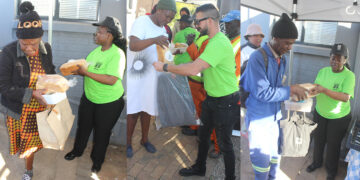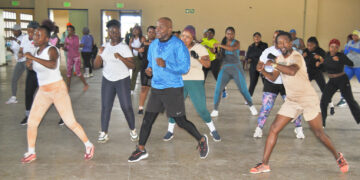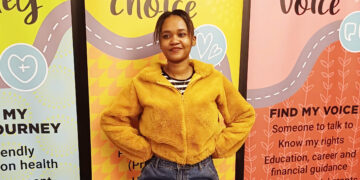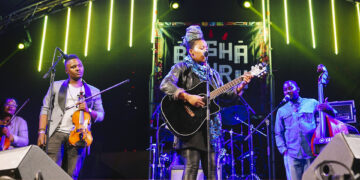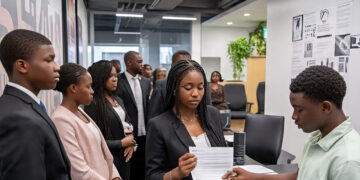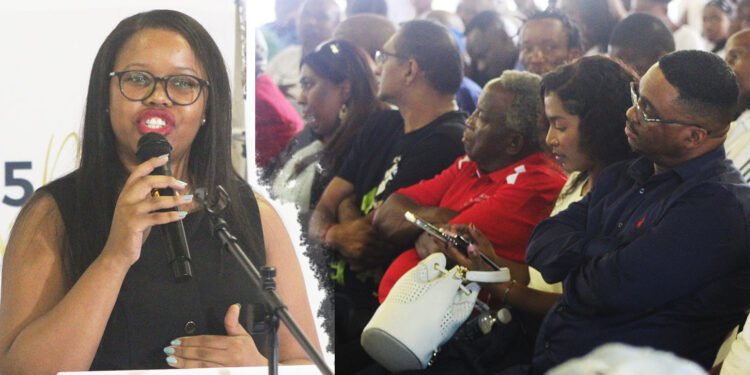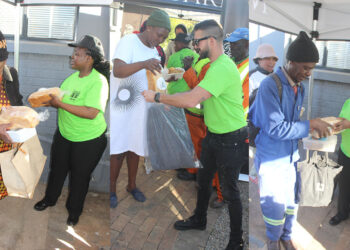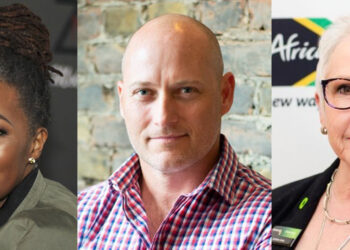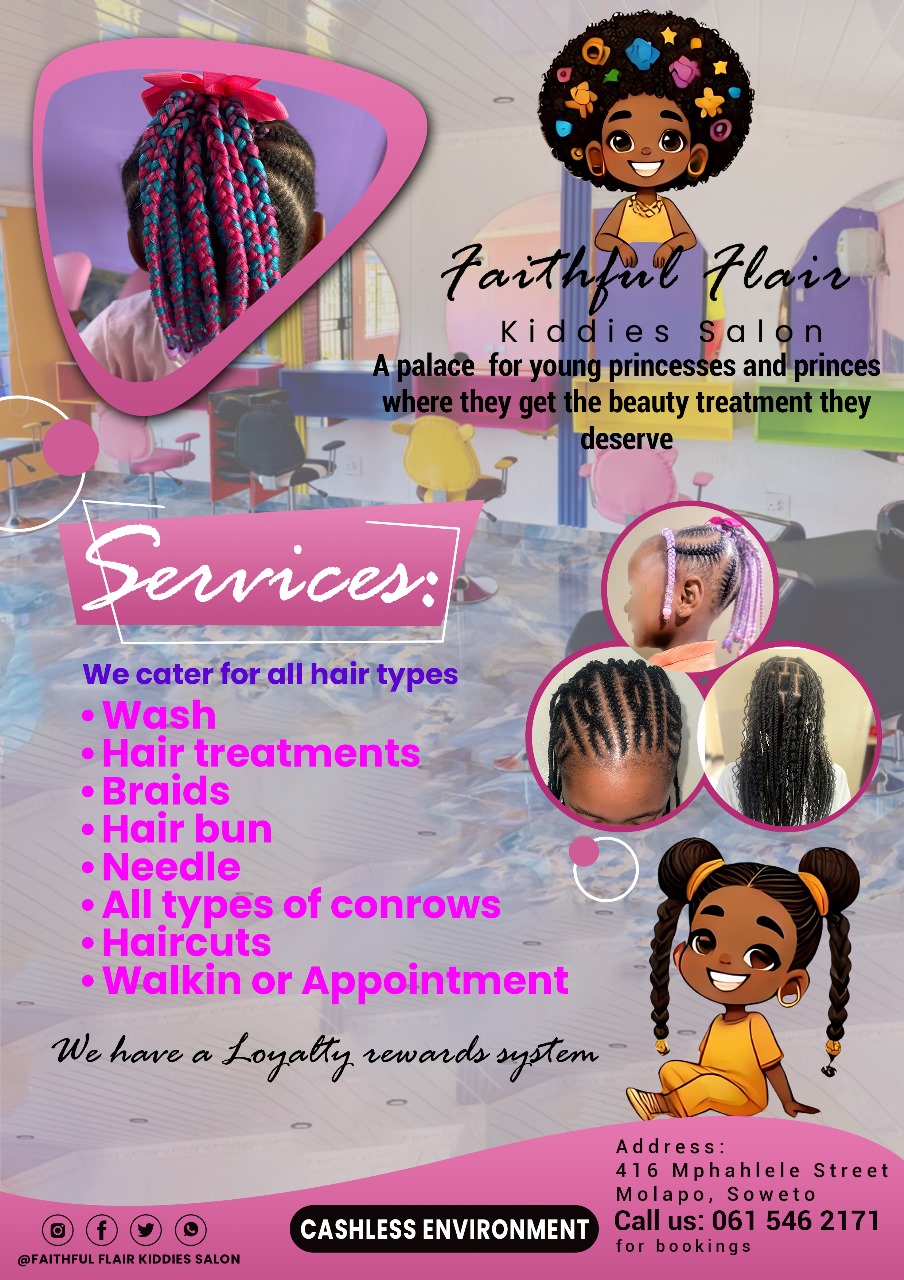As she took to the podium at the Million Men petition gathering by men from all fronts, at the Ipelegeng centre White City Jabavu on 14 March, Sihle Booi acknowledged the vibrant gathering of men from all walks of life to correct the social injustices and persistent challenges inherent in our communities. A patriarchal lekgotla that she confessed made her uncomfortable at the beginning, but would soon feel welcomed and comfortable as speaker after speaker commanded gracious affirmations and a loving kwantu atmosphere that dignifies all individuals present.
She mentioned that as the Human Rights Commission, theirs is to promote the culture of human rights. “It speaks exactly of what the men’s organisations petitions seeks to do, which is to create a culture of social cohesion, a culture of harmony, of respect for human rights. By being vigilant in communities we are discharging our assistance to the Human Rights Commission.” She stated
With the climate of Gender Based Violence, Femicide and other male perpetrated social ills, it is really profound that there are intentional men’s organisations that take pro-active steps to help the Commission deal with the same issues. For a long time, there has been a lament by victims and survivors of various forms of abuse, talking about the weight of having to survive the abuses and also the burden of having to get up and go talk to the perpetrator, teach the perpetrator who may not want to be taught.
“As the Social Development we have taken steps so as to ease the burden. We are going to have men take that first step and reach out and find out from men of what it is that we can help with. How it is that they can change and become heroes in their households and communities. For the institution to create a social harmony, being a national effort, we call it shine, social harmony through national effort. The Commission cannot do it alone but jointly with organisations such as the One Million men. But we believe that it begins with one person. Giving respect to the hurt and hurting people.” She affirmed.
“Shine has the principle of self-reflection of harmony and all the good we want to do. If the conflict is still brewing within, we cannot translate it into the community. Shine says, sit with yourself, look inward, acknowledge your contribution to the problem, honestly acknowledge it, whether proactively, direct or indirect without omission of action, not to punish oneself but acknowledge to if you’re the cause or a victim. Reconcile with yourself within and after finding harmony, you go to your family. You can’t reach the community if you come from a broken family.” Reiterated Booi.
Now that you healed yourself, let’s heal the family by organising family meetings, which is something that might be rare within our African families, but a very effective tool. Then children can learn and open up as differences are put to the table, with love, respect and compassion. The goal is to find harmony within the home, not to sound right, not to be the best among everyone else. Find ways to appease other family members beyond just dialogues. The children observe how family members are affectionate to each other. We serve the person; we serve the family, we affirm diversity. Diversities of gender, of culture, language and how we project ourselves in many ways. We cannot impose on another to sound or be like ourselves. We find our unity with our diverse strengths, especially between men and women. She concluded.
Jerry sokhupe
Soweto Sunrise News
Government to increase sexual offences courts
Government is set to increase the national footprint of sexual offences courts as part of the fight against gender-based violence...


